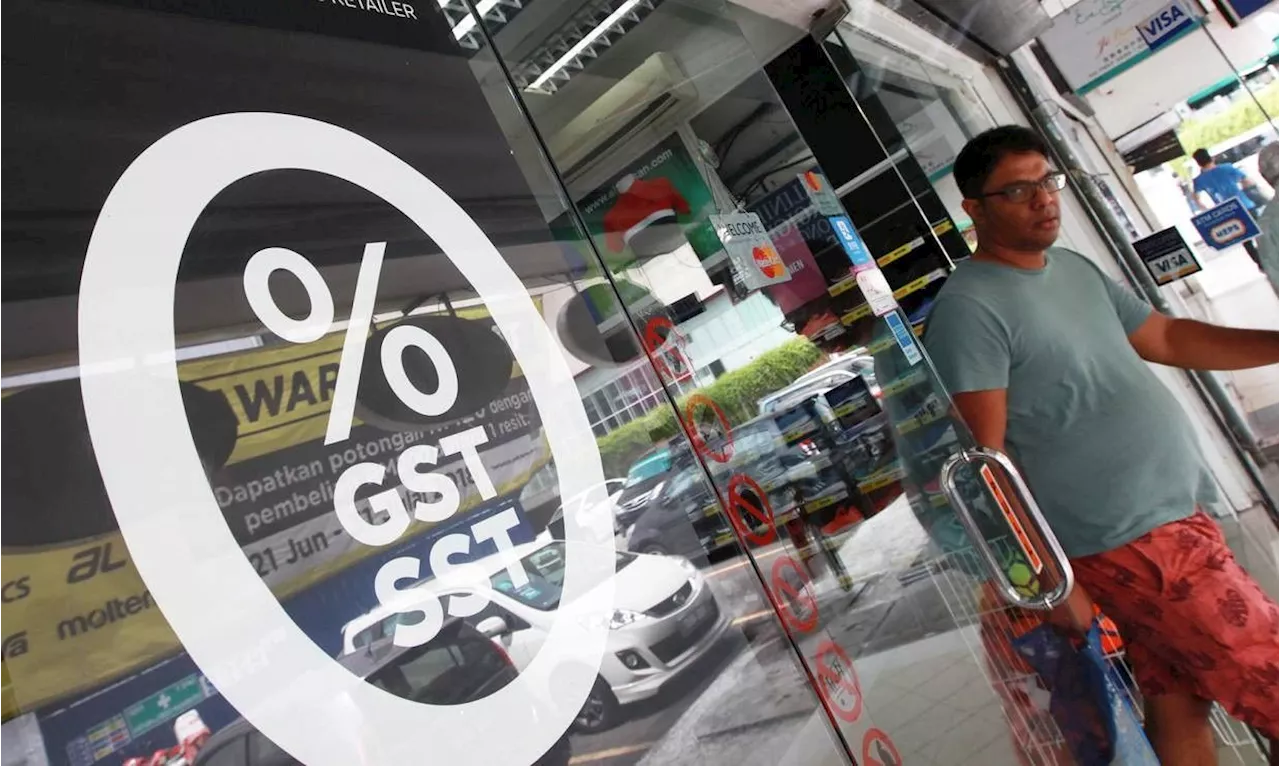The call to bring back the goods and services tax (GST) has grown stronger, particularly after the pandemic depleted the national treasury. Reinstating the GST can increase revenue and mitigate issues such as tax evasion, leakage, and the shadow economy. However, there is concern about potential public backlash that could affect political stability.
The call to bring back the goods and services tax ( GST ) has grown stronger, particularly after the pandemic depleted the national treasury . Looking back, the initial implementation of the GST in 2015 faced fierce opposition, becoming the last straw that led to the downfall of the ruling party after 60 years of reign. It was replaced with the sales and service tax (SST), giving Malaysians a three-month tax holiday.
Since then, reinstating the GST has become a double-edged sword – reinstating it can increase revenue and mitigate issues such as tax evasion, leakage, and the shadow economy. At the same time, there is concern about potential public backlash that could affect political stability. As the call for reinstating the GST grows louder and even becomes a tool used by the opposition to attack Prime Minister and Finance Minister Datuk Seri Anwar Ibrahim, the premier has repeatedly said that the government has no intention of reintroducing the tax in the short ter
Goods And Services Tax GST Pandemic National Treasury Revenue Tax Evasion Leakage Shadow Economy Political Stability
